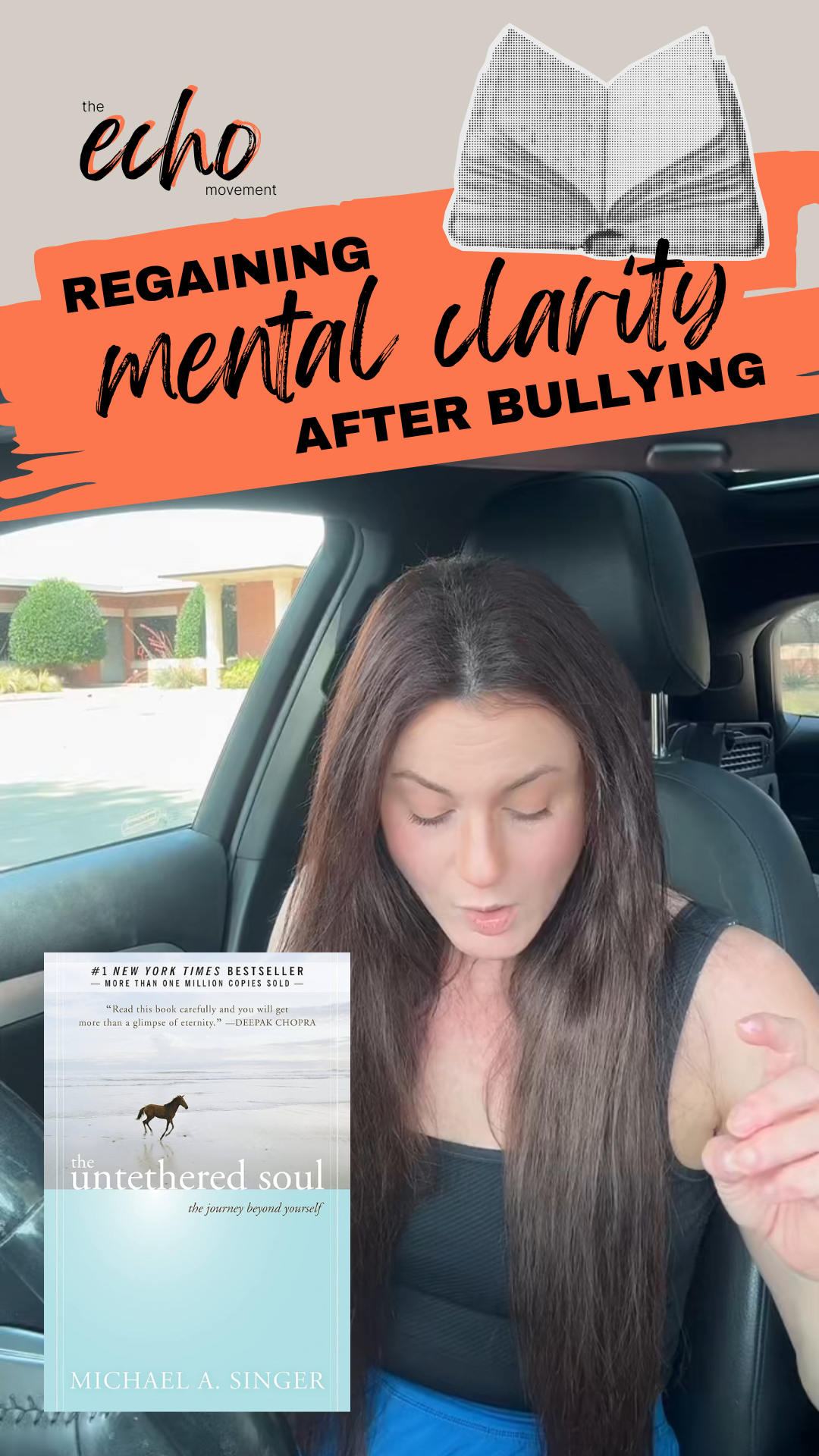What Is Ostracization in Family Dynamics?
Ostracization is one of the most painful and manipulative forms of bullying. It’s when you’re deliberately excluded, ignored, or isolated, not because of who you are, but because someone wants to control you. In toxic family systems, ostracization isn’t always about cutting you off completely. Sometimes it’s used as bait, designed to make you so desperate for connection that you come crawling back.
When Isolation Becomes Manipulation
Families will often say, “That’s just how it is,” or even pretend that ostracization is for your own good. But let’s be clear: when a parent, sibling, or relative uses silence or exclusion as punishment, it’s not about teaching lessons. It’s about control. They hope that by making you feel lonely, ashamed, or cut off, you’ll eventually return to them on their terms.
For me, this tactic showed up in repeated patterns. If I didn’t give in to what my family wanted, I’d be ignored or iced out. The message was simple: comply, or you don’t belong. That’s not love. That’s psychological warfare.
The Psychological Toll of Ostracization
Research has shown that social exclusion impacts the brain the same way as physical pain. Victims of family ostracization often develop symptoms of anxiety, depression, and PTSD or CPTSD, making it difficult to trust others or feel secure in relationships. It’s especially cruel because family is supposed to be a safe space, but for many, it’s where the deepest wounds are inflicted.
- Emotional bullying: being ignored, given the silent treatment, or mocked behind your back.
- Social bullying: gossip and rumors spread within family or community circles to isolate you.
- Reactive abuse: pushing you until you lash out, then using that reaction as “proof” you’re the problem.
Ostracization Is Not Reconciliation
If someone cuts you out to force you back in, that isn’t reconciliation. It’s manipulation. Genuine healing and connection never come from punishment or coercion. They come from respect, communication, and accountability.
The moment you recognize ostracization for what it really is — a bullying tactic — is the moment you take away its power. Because once you stop chasing their approval, they lose control.
Why We Need to Talk About Ostracization
Ostracization in families is often dismissed as “drama” or “just how they are.” But it’s deeper than that, it’s abuse. It isolates people, strips away their voice, and creates generational cycles of trauma.
By talking about it openly, we not only validate survivors, we also shine a light on one of the most overlooked forms of bullying.






